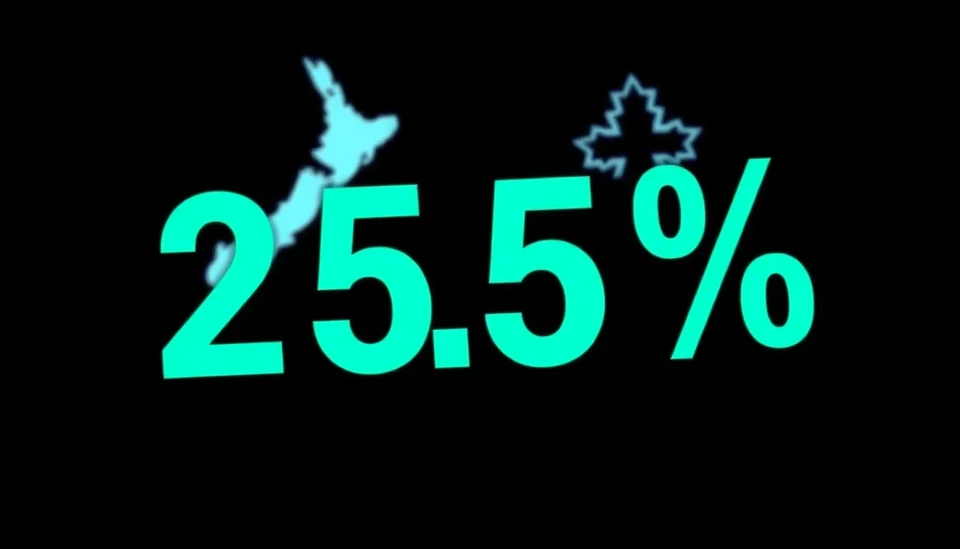
New Zealand's government is actively considering measures aimed at disrupting the dominance of two major players in the supermarket industry, seeking to encourage competition and ultimately lower prices for consumers. This initiative is part of a broader effort to tackle the rising cost of living affecting households across the nation. The discussions come in response to widespread concerns regarding the duopolistic control exerted by Foodstuffs and Countdown, which together significantly shape the grocery landscape in New Zealand.
The Pricing and Market Structure Inquiry conducted by the government underscored the challenges faced by consumers and suppliers alike in a market heavily influenced by these two retail giants. Critics argue that the limited competition leads to inflated prices, insufficient product variety, and reduced overall consumer choice.
To combat these issues, various policy options are under review. These include potential regulatory interventions aimed at promoting new entrants into the grocery sector, easing access to supermarket shelves for smaller brands, and measures to enhance supply chain transparency. The government is keen to ensure that smaller, local producers have a fair chance at competing with the established players, thereby invigorating the market and benefitting consumers through more choices and potentially lower prices.
In recent consultations, stakeholders from various corners of the food supply industry expressed their views. Advocacy groups representing farmers, small businesses, and consumer rights emphasized the vital need for intervention, arguing that real competition can only arise when barriers preventing newcomers from entering the market are lowered.
The government’s proposal reflects an increasing recognition of the problems that arise from a concentrated market. The unique challenges faced by New Zealand, including geographical isolation and the dominance of a few large retailers, necessitate a strategic approach to revitalizing the grocery sector. Improving market structures could not only lead to fairer pricing but may also enhance the resilience of local food systems in the face of global supply chain disruptions.
As discussions proceed, a sense of urgency permeates the dialogue. The public is becoming increasingly vocal about their frustrations with high grocery bills, and there is a growing consensus that action is necessary. Many are hopeful that the government will take decisive steps to level the playing field, facilitating a grocery landscape that is diverse and responsive to the needs of consumers.
The outcome of these deliberations remains to be seen, but if successful, they could herald a new era in New Zealand’s grocery industry. The focus will be on enabling more equitable market conditions that ultimately benefit consumers while providing opportunities for local businesses to thrive in an increasingly competitive environment.
How this proposed intervention plays out will be closely watched, not only within New Zealand but also by countries grappling with similar issues regarding supermarket monopolies. The pressure is mounting, and it seems that significant changes may be on the horizon for the grocery sector in New Zealand.
As the government moves forward with talks and policy formulations, the anticipation builds among consumers and industry observers alike, all eager to see how the plans unfold.
#NewZealand #SupermarketDuopoly #GroceryMarket #ConsumerRights #MarketCompetition #CostOfLiving #FoodPricing #LocalProducers #EconomicPolicy
Author: Victoria Adams




